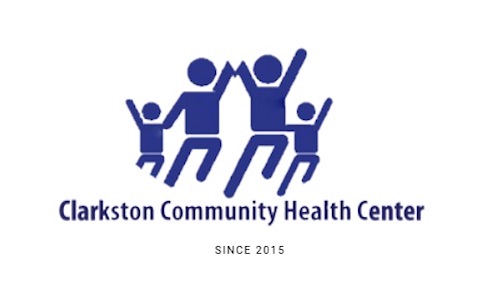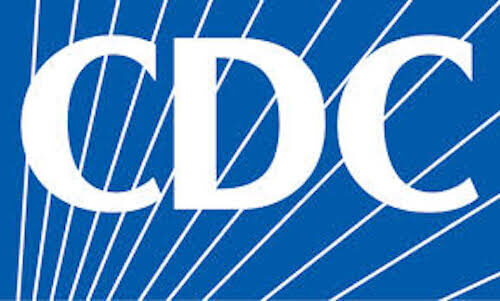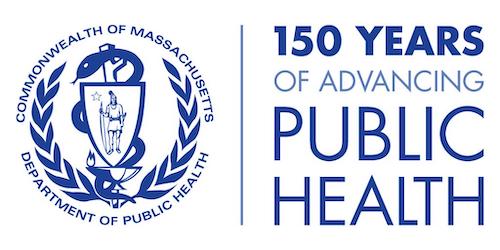ORISE Fellow, CDC – Division of Overdose Prevention
Category : Student Opportunities
Description
A research opportunity is currently available with the Division of Overdose Prevention (DOP), within the National Center for Injury Prevention and Control (NCIPC), at the Centers for Disease Control and Prevention (CDC) in Atlanta, Georgia.
Joining DOP, the selected participant will be a part of the Overdose Mortality Team training in surveillance and project management activities. The participant will train under CDC staff on the Overdose Data to Action (OD2A) program. OD2A in part works to improve the timeliness and completeness of reporting fatal overdose data, and to ensure that data are used to inform prevention activities.
For fatal overdoses, states are required to enter abstracted death certificate and coroner and medical examiner reports on unintentional or undetermined intent overdose deaths into the State Unintentional Drug Overdose Reporting System (SUDORS) which leverages the web-based platform used for the National Violent Death Reporting System (NVDRS). The SUDORS coding manual provides states with technical assistance on how to code drug overdose specific variables in the injury and death, circumstances, overdose, and toxicology tabs. States can submit coding questions to the Overdose Surveillance help desk email address which is monitored by the Overdose Mortality Team. States are required to submit comprehensive fatal overdose data to CDC twice a year, with data submission timelines varying depending on Tier.
Job Duties
Under the guidance of a mentor, the participant will have the opportunity to train in three or more of the following, depending on the specific skill set and interests of the participant:
- Train to organize and respond to state technical assistance inquires for fatal drug overdoses, including documenting questions and responses provided through the Overdose Surveillance help desk
- Conduct data quality assurance activities for fatal drug overdose, and contribute to updates to the SUDORS coding manual
- Train to conduct manual reviews of narrative fields within SUDORS to aid in classification of, for example, substance type and source
- Analyze data for web reports; review/revise current web content and engage in active discussion with key partners under CDC mentors
- Learn how to conduct literature reviews on overdose-related topics
- Participate in the development of summary and state-specific fact sheets and/or data visualizations based on SUDORS data
- Contribute to the development of manuscripts, surveillance reports, and/or data briefs
- Learn how to coordinate SUDORS workgroup meetings with states
Qualifications
The qualified candidate should have received a master’s or doctoral degree in one of the relevant fields, or be currently pursuing the degree and will reach completion by the start date of the appointment. Degree must have been received within five years of the appointment start date.
Preferred skills:
- Experience or knowledge regarding public health, epidemiology, and surveillance
- Experience or knowledge related to data analysis, interpretation and visualization
- Experience or knowledge with statistical analysis software such as with the application of SAS or other relevant platforms for large complex, database management systems
- Experience or knowledge with data visualization software such as Power BI
- Experience or knowledge performing statistical and epidemiological analysis of complex datasets and disseminating results broadly
- Ability to collaborate with other scientific and professional staff
Other Information
- Application Deadline: April 28, 2020 3:00PM (*Applications will be reviewed on a rolling-basis)
- Anticipated Appointment Start Date: June 26, 2020
- The initial appointment can be up to one year, but may be renewed upon recommendation of CDC contingent on the availability of funds.
- The participant will receive a monthly stipend commensurate with educational level and experience.
- Proof of health insurance is required for participation in this program.
- The appointment is full-time at CDC in the Atlanta, Georgia, area.
- Participants do not become employees of CDC, DOE or the program administrator, and there are no employment-related benefits.
How to Apply
A complete application consists of:
- An application
- Transcripts – Click here for detailed information about acceptable transcripts
- A current resume/CV, including academic history, employment history, relevant experiences, and publication list
- One educational or professional recommendation. Your application will be considered incomplete, and will not be reviewed until one recommendation is submitted.
Click here to learn more about the position and apply online.
If you have questions, send an email to ORISE [dot] CDC [dot] NCIPC [at] orau [dot] org. Please include the reference code (CDC-NCIPC-2020-0083) for this opportunity in your email.








Recent Comments